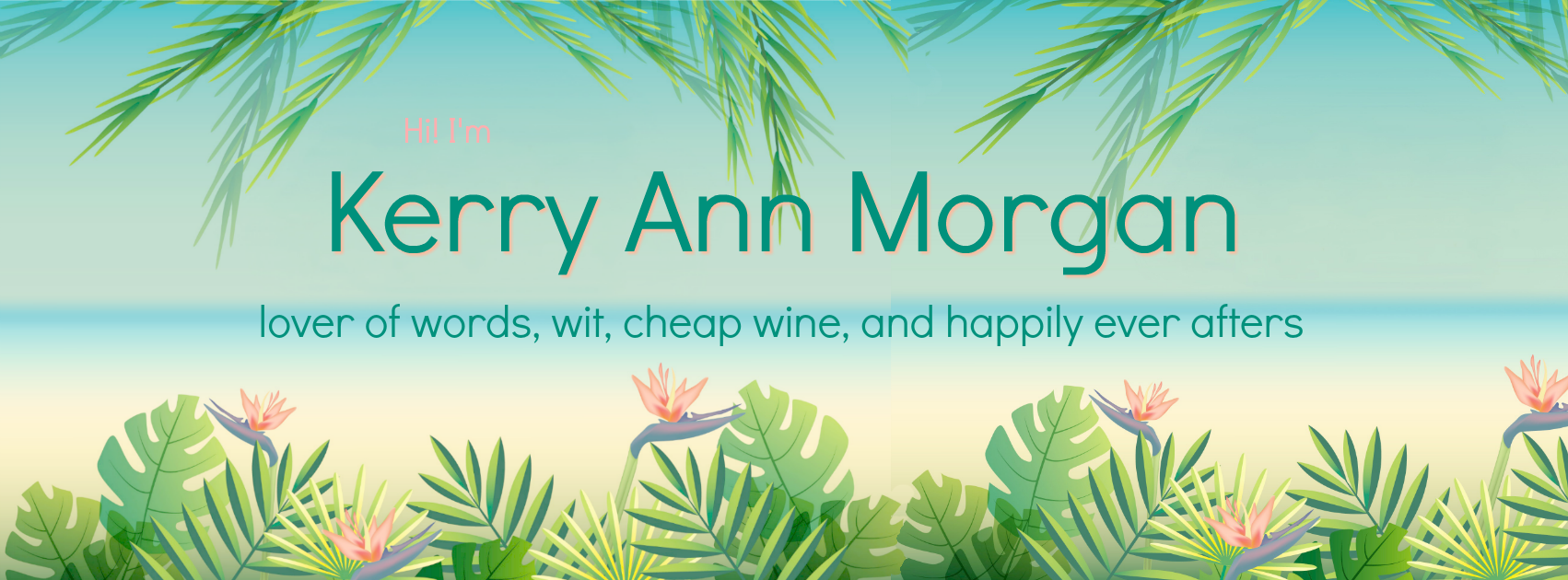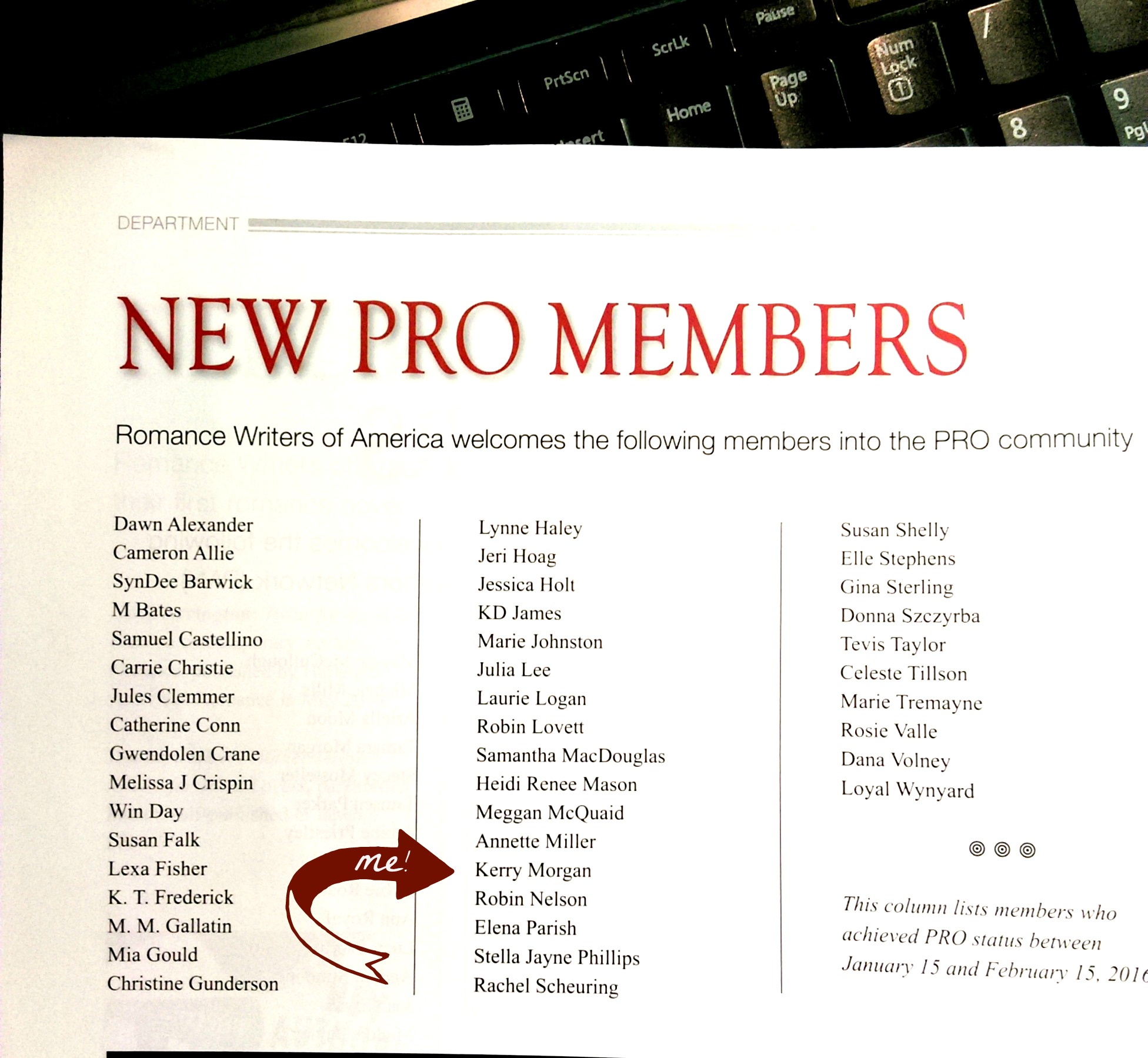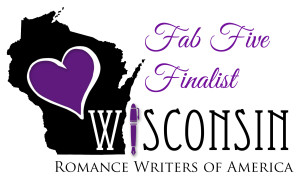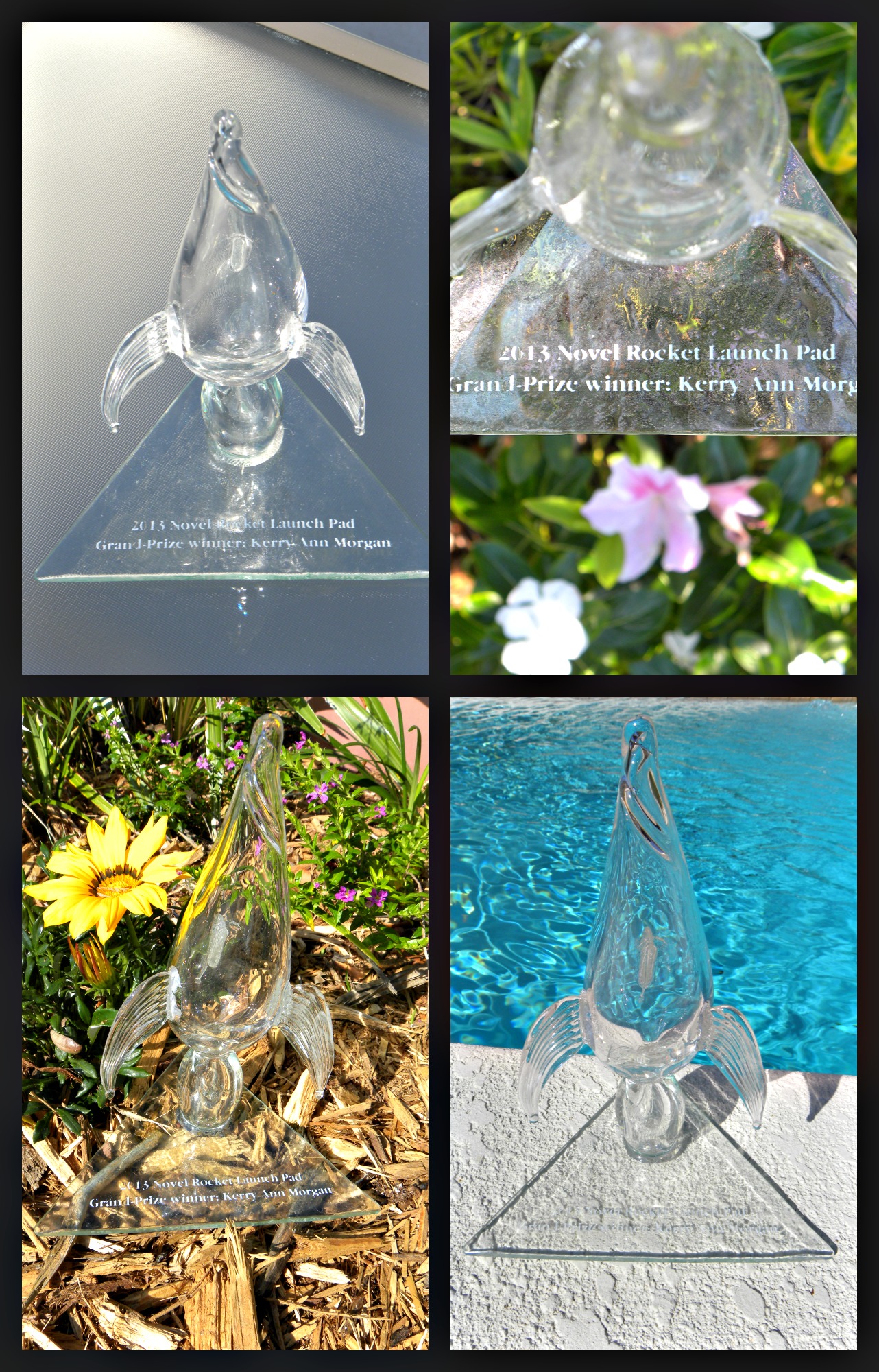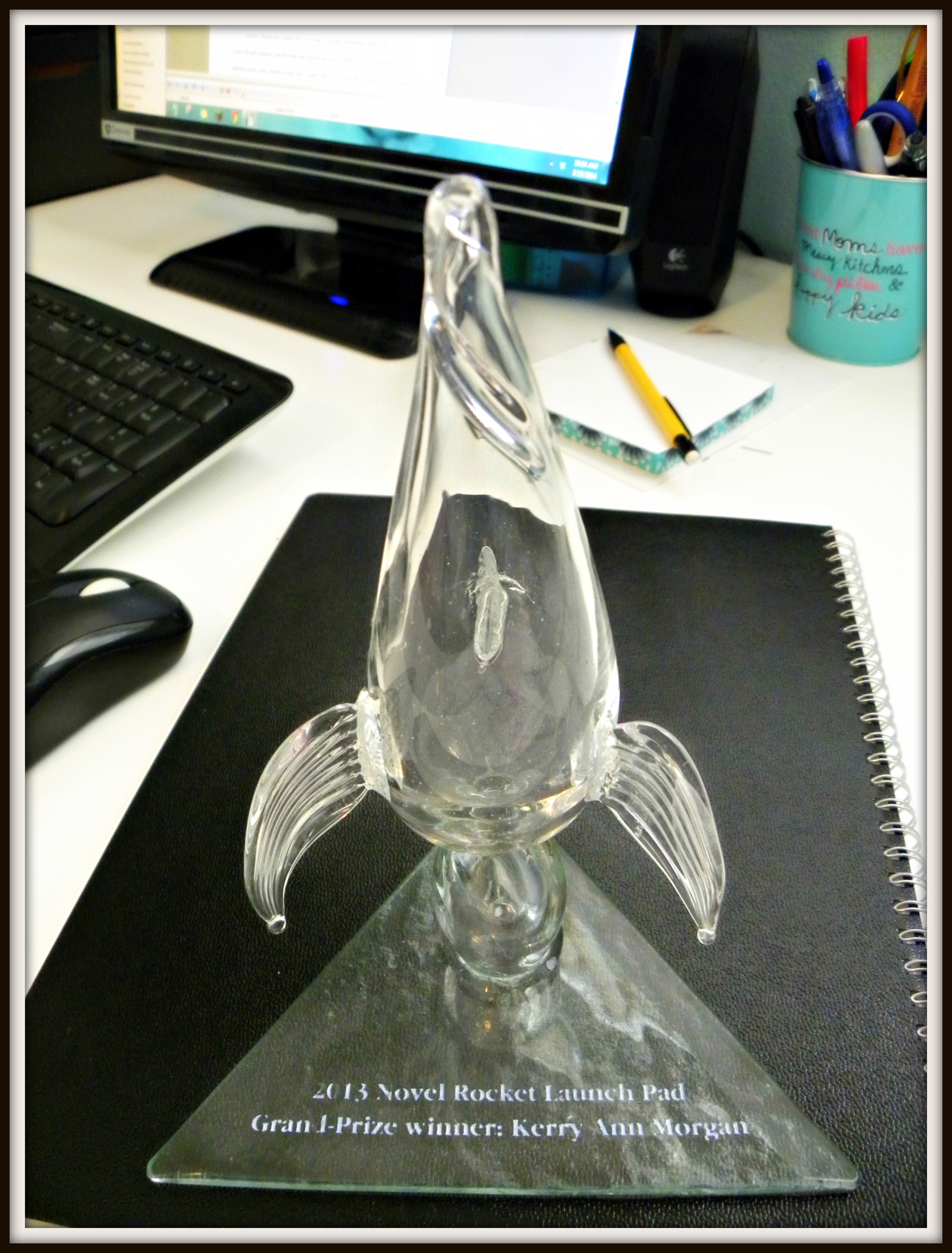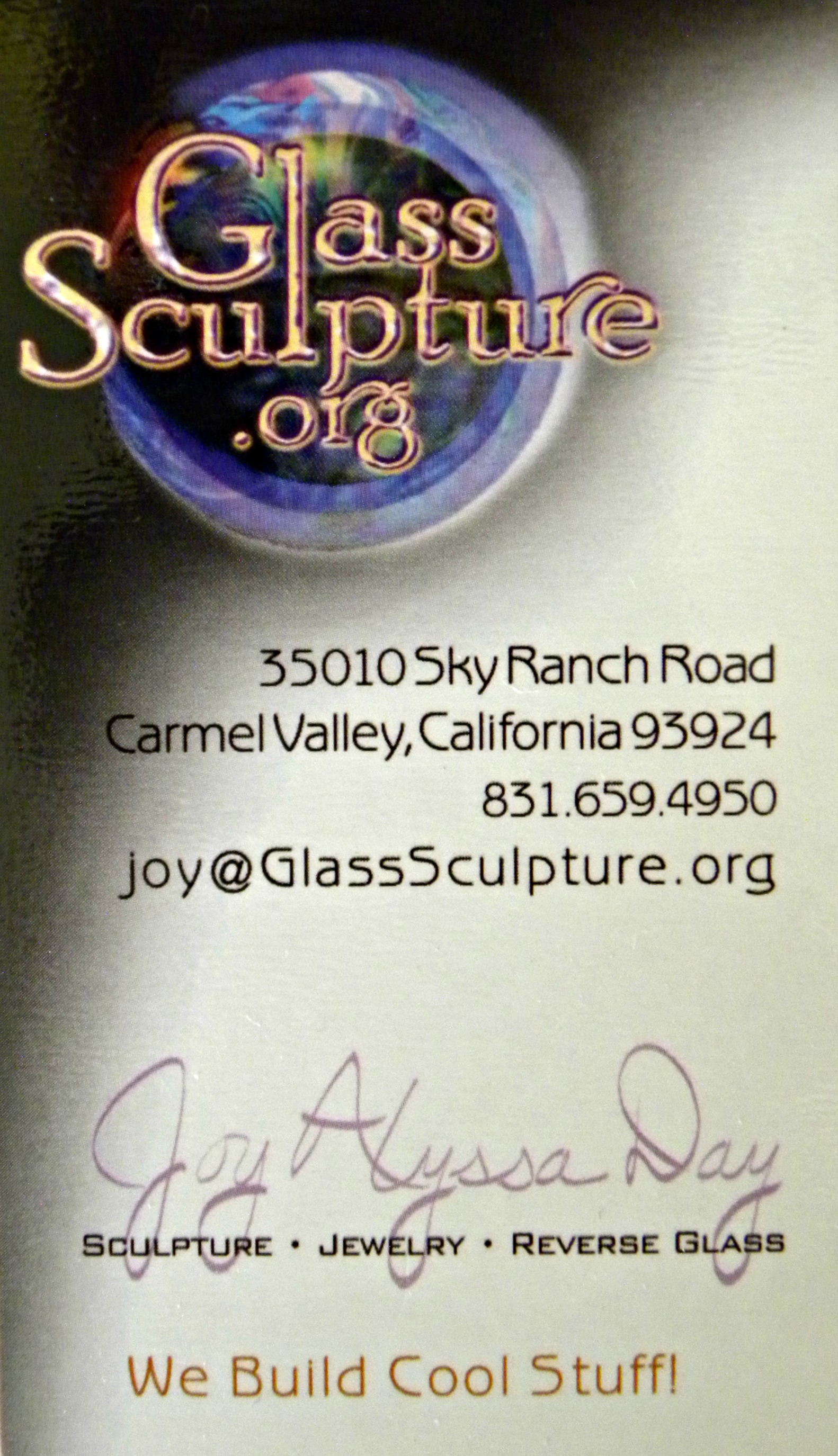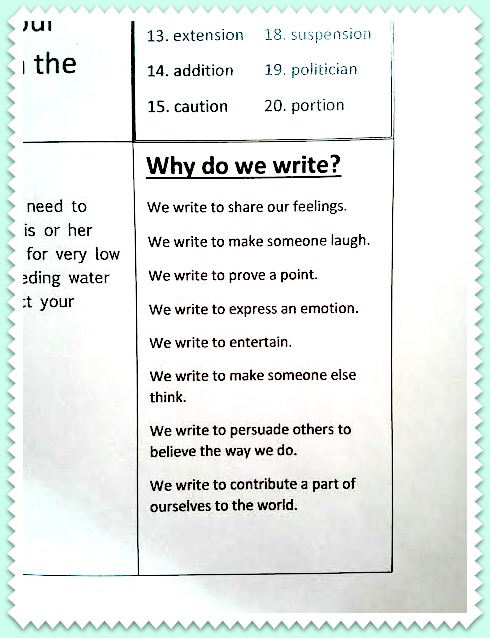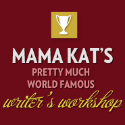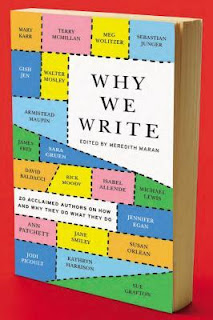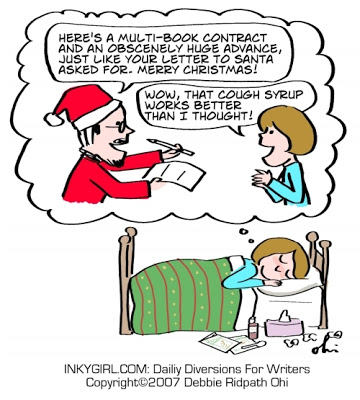“Love stories are universal. Love stories are powerful.
And so are the women who write them.”
Last spring I wrote about how I was dying to watch LOVE BETWEEN THE COVERS, a feature-length indie documentary film that explores the little-known, surprisingly powerful world of women who write and read romance? I finally attended a screening thanks to the fine folks at the Orlando Public Library. I left inspired, enlightened, and I may have had a watery eye from time to time.
Love Between the Covers is the fascinating story of the vast, funny, and savvy female community that has built a powerhouse industry sharing love stories. Romance fiction is sold in 34 languages on six continents, and the genre grosses more than a billion dollars a year–outselling mystery, sci-fi, and fantasy combined. Yet the millions of voracious women (and sometimes men) who read, write, and love romance novels have remained oddly invisible. Until now. For three years, the film follows the lives of five very diverse published romance authors and a unpublished newbie as they build their businesses, find and lose loved ones, cope with a tsunami of change in publishing, and earn a living doing what they love—while empowering others to do the same.
During the three years the filmmakers shot the documentary, they witnessed the largest power shift in the publishing industry in the last 200 years. And it’s the romance authors who are on the front lines, pioneering new ways to survive and thrive in the rapidly shifting environment.
Many aspects of the film had me in awe. Bella Andre writes 25 pages a day?!!
The segments following the video diary of aspiring romance author Joanne Lockyer had me feeling all swishy inside. I found myself discretely dabbing the corners of my eyes after she saw her book, her quest, her baby in print for the first time in all its tangible beauty.
There were so many more nuggets of goodness, conversations about diversity, desire, power shifts, and how to write a damn good book.
I tried to jot down a few of my favorite quotes as I watched, but alas, as I read over my chicken scratch, I’ve realized that these should more be considered paraphrases. My profound apologies if any of these are too far off. (Feel free to kill me off in your next book if I offend.)
We’re not looking for a stupid heroine … we’re looking for a story where the woman has her shit together and the man is the cherry on top of the sundae.
Beverly Jenkins
Loyalty, love, loss, courage–all books in ALL genres circle around to these eternal themes.
Eloisa James
I love fiction because it’s fiction. Fiction is not real and it’s not supposed to be. Fiction is a dream. Fiction is a desire. Fiction is hope.
Len Barot/Radclyffe
Yes it’s a fantasy. But so are Arnold Schwarzenegger movies. It’s no great surprise that he never dies in the end. So what’s wrong with our
Happily Ever After?
Beverly Jenkins
This is the one place where you will consistently find women’s sexuality treated fairly and positively.
Sarah Wendell
But one of the main themes of the movie was the camaraderie. Through RWA (Romance Writers of America), these women, be them multi-millionaire business builders or publishing-shy newbies, shared a refreshing desire to share what they know to help others succeed. (I also see this in the Women’s Fiction Writers Association, but this wasn’t their movie. Go WFWA!) They stress that there’s no finite number of readers, so we can publish an infinite number of stories.
After the movie screening, the Orlando Public Library hosted romance panel discussions about Tropes We Love and Hate and Vampires and Angels and Weres, Oh My!, followed by a book signing featuring local romance writers.
And…
I’m offically a PRO member of Romance Writers of America.
Come on in. There’s room for you here too.
